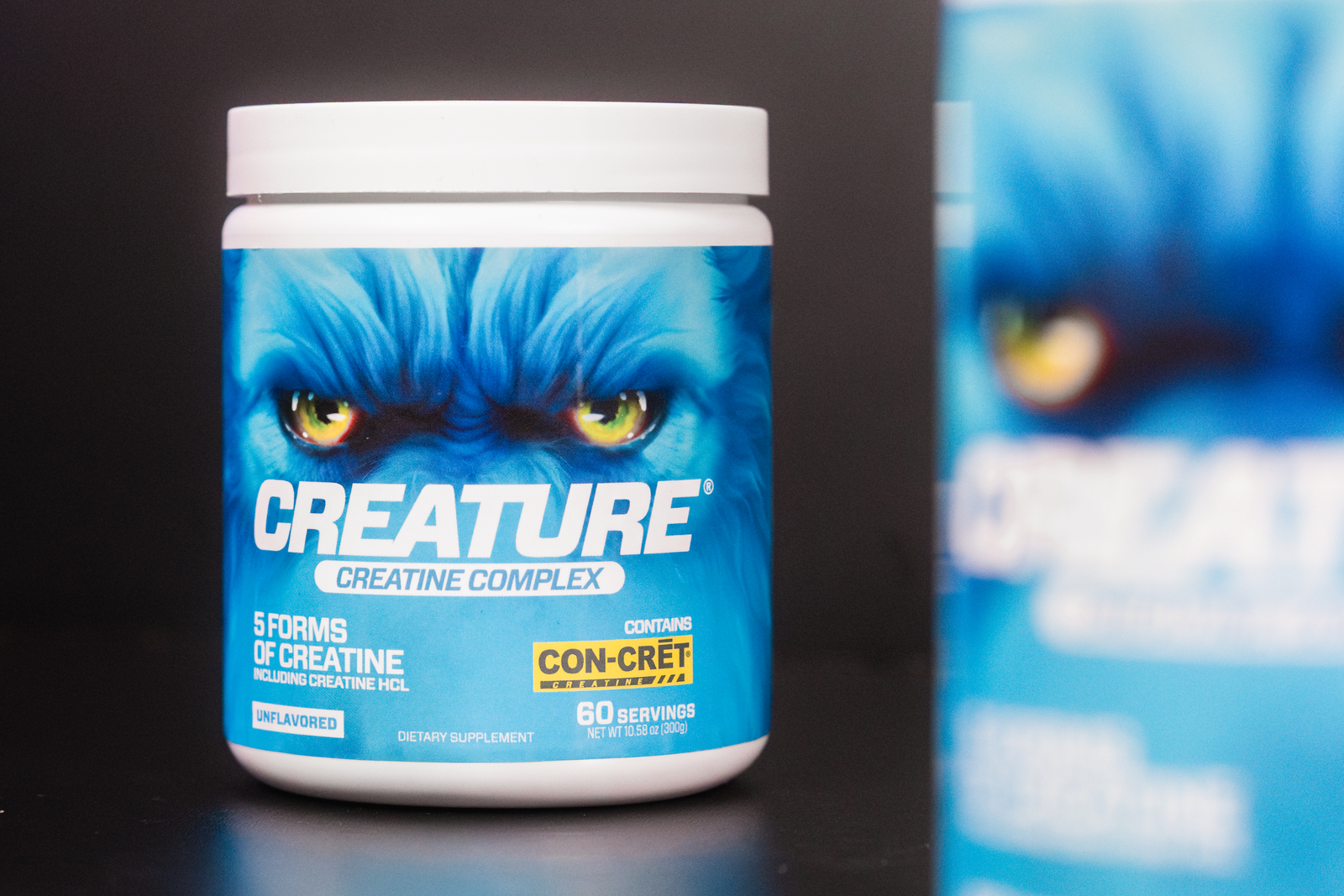The Ultimate Guide to Creatine: What is it, and Why Should You Care?

Are you looking to maximize your gains, boost endurance, or speed up recovery? If you’re diving into the world of fitness, you’ve probably heard of creatine. It’s one of the most widely researched supplements, and for a good reason. But what exactly is it, how does it work, and should you consider adding it to your routine?
1. What is Creatine?
Creatine is a naturally occurring compound in your body, stored primarily in your muscles. It’s made up of amino acids and plays a critical role in producing adenosine triphosphate (ATP)—the main energy source for muscle contractions. When you supplement with creatine, you’re essentially giving your body a little boost in producing more ATP, especially useful in high-intensity, short-duration exercises like weightlifting or sprinting.
2. How Does Creatine Work?
Think of creatine as your muscles’ secret weapon. When you perform a high-energy activity, your body uses ATP at a rapid pace. Since the body has limited ATP stored, you’re only able to sustain these powerful movements for a short time. Creatine steps in to help your body replenish ATP levels faster, allowing for greater endurance and explosiveness.
3. Benefits of Creatine
For anyone serious about fitness, creatine offers numerous benefits:
- Enhanced Strength and Power: Creatine can lead to improvements in strength and power output, making it ideal for lifters and athletes focused on high-performance results.
- Increased Muscle Mass: Creatine draws water into muscle cells, promoting cell volume and supporting muscle growth over time.
- Faster Recovery: By aiding in ATP replenishment, creatine can reduce muscle recovery time, so you’re ready to hit the gym sooner.
- Improved Performance in High-Intensity Sports: For sports involving bursts of power—like sprinting, basketball, or MMA—creatine has been shown to enhance overall performance.
4. Is Creatine Safe?
For a supplement as popular as creatine, you’d expect a lot of myths and questions around its safety. But here’s the good news: studies consistently show that creatine is safe for long-term use when taken in recommended doses. However, it’s always best to use pure, third-party tested products, like those from Creature Supps, especially if you’re concerned about NCAA or other regulatory standards.
5. Common Myths About Creatine
Let’s address some common misconceptions that might be holding you back:
- Myth 1: Creatine is a steroid. Reality: Creatine is not a steroid; it’s a naturally occurring substance in the body.
- Myth 2: Creatine causes dehydration. Reality: Proper hydration is key, but creatine itself doesn’t inherently cause dehydration.
- Myth 3: Creatine is only for bulking. Reality: Creatine can support all types of fitness goals, whether that’s building muscle or improving athletic performance.
6. How to Take Creatine
For most people, starting with a “loading phase” of 20 grams per day (split into four servings) for 5-7 days can saturate muscle stores quickly. After that, a maintenance dose of 3-5 grams per day will keep your levels topped up. But, feel free to skip the loading phase and start directly with the daily dose if that’s your style; it’ll just take a few more weeks to reach full saturation.
7. Is Creatine Right for You?
If you’re in college sports, MMA training, CrossFit, or just a fitness enthusiast trying to get stronger, creatine can be an invaluable part of your supplement stack. It’s affordable, effective, and one of the most researched supplements on the market.
Final Thoughts
When it comes to fitness, gains don’t come overnight, but adding a proven supplement like creatine can help you push a little harder each time. At Creature Supps, we’re here to bring you clean, high-quality creatine to support your goals safely and effectively. Ready to unleash your power? Try Creature Supps Creatine today and experience the difference.


Leave a comment